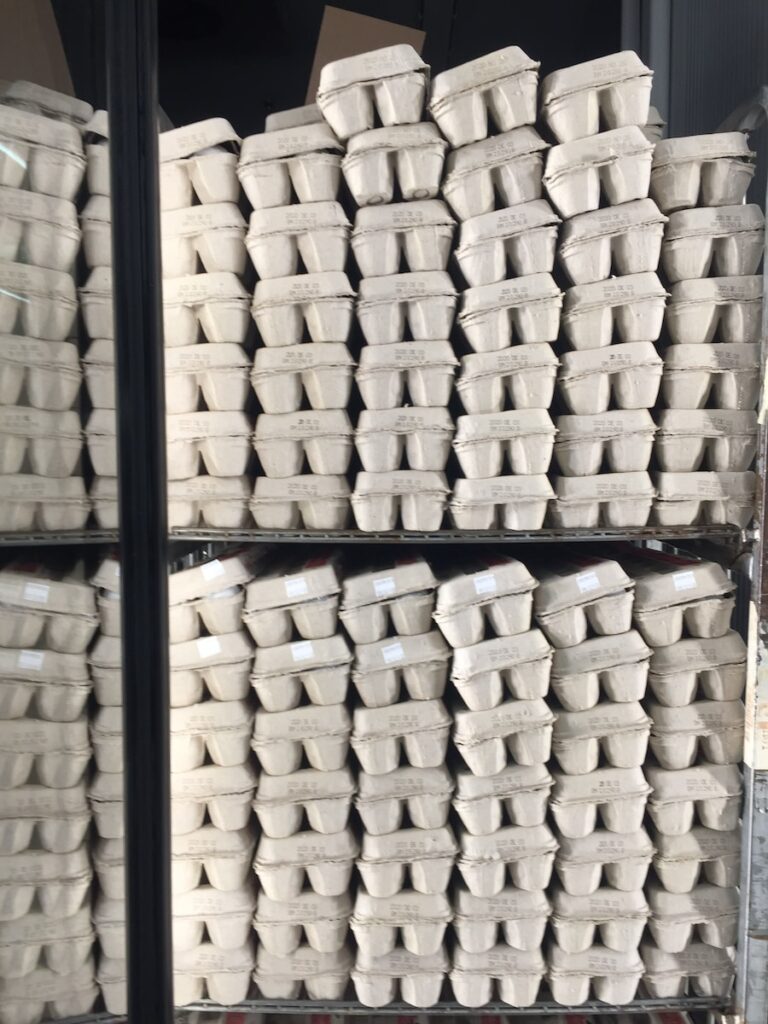Delve deep into the world of egg cartons with our comprehensive guide, covering both plastic and eco-friendly paper options. Choose the egg carton that best aligns with your sustainability preferences.
Egg cartons come in various materials, primarily plastic and eco-friendly paper. Here’s a comprehensive guide to both types:

**Plastic Egg Cartons:**
1. **Durability:** Plastic egg cartons are durable and can withstand moisture and rough handling. They provide good protection for eggs.
2. **Visibility:** They often have clear or translucent lids, allowing consumers to see the eggs without opening the carton.
3. **Recycling:** Plastic cartons are typically made from PETE plastic, which is recyclable in many areas. Check your local recycling guidelines.
4. **Reusability:** They can be reused multiple times before recycling, making them a cost-effective choice for some consumers.
5. **Cost:** Plastic cartons are usually cheaper to produce, which can translate to lower egg prices for consumers.
**Eco-Friendly Paper Egg Cartons:**
1. **Sustainability:** Paper cartons are typically made from recycled or sustainable materials, making them an environmentally friendly choice.
2. **Biodegradability:** They are biodegradable and compostable, reducing environmental impact when disposed of properly.

3. **Customization:** Paper cartons can be easily customized with various designs and labels, which can be appealing for small-scale producers.
4. **Insulation:** While not as effective as plastic, paper cartons offer some insulation for eggs and can help maintain their freshness.
5. **Consumer Appeal:** Many consumers prefer paper cartons for their eco-friendliness and rustic charm.
**Considerations for Choosing:**
1. **Environmental Impact:** If you prioritize sustainability, paper cartons are the better choice due to their biodegradability and use of renewable materials.
2. **Egg Protection:** Plastic cartons offer better protection against moisture and physical damage, so they may be preferable for long-distance transport.
3. **Local Regulations:** Check local regulations and market preferences, as they can influence your choice.
4. **Cost:** Consider your budget, as plastic cartons tend to be more cost-effective initially.
5. **Branding:** If branding is important, paper cartons can be customized to showcase your farm or company logo.
In conclusion, the choice between plastic and eco-friendly paper egg cartons depends on your priorities, budget, and market preferences. Both have their advantages and can be suitable for different situations.
